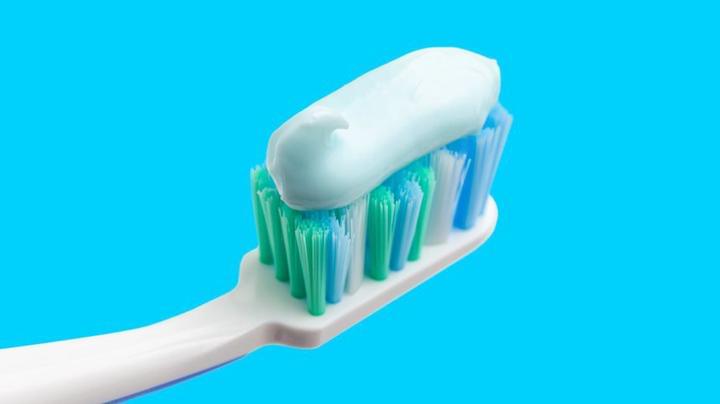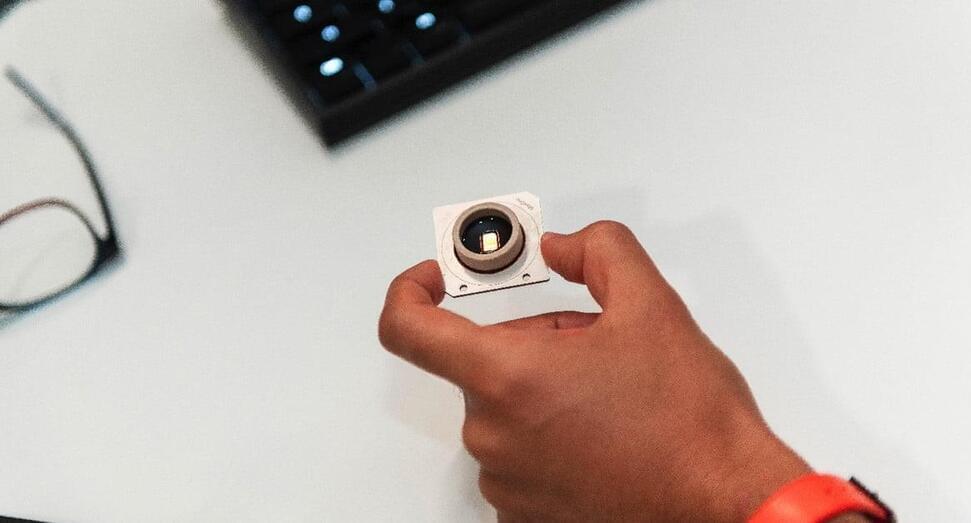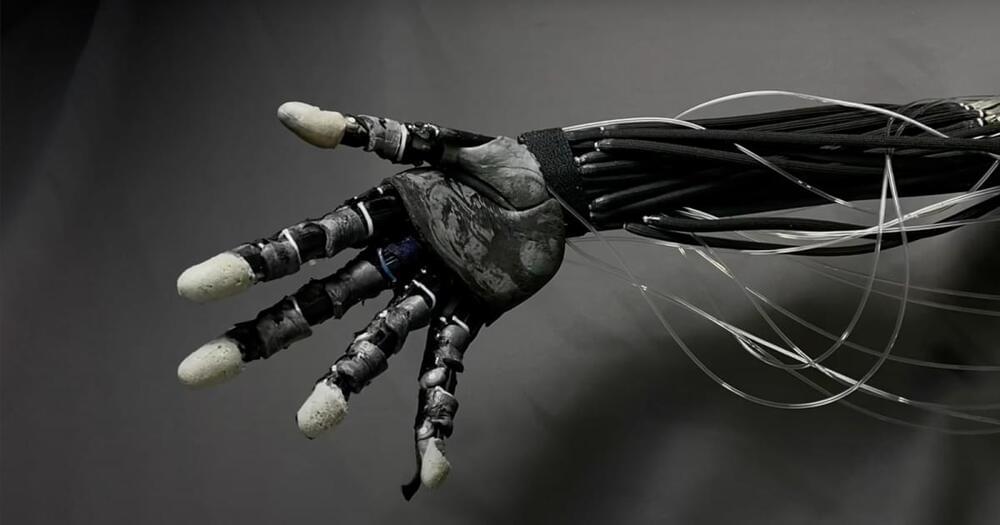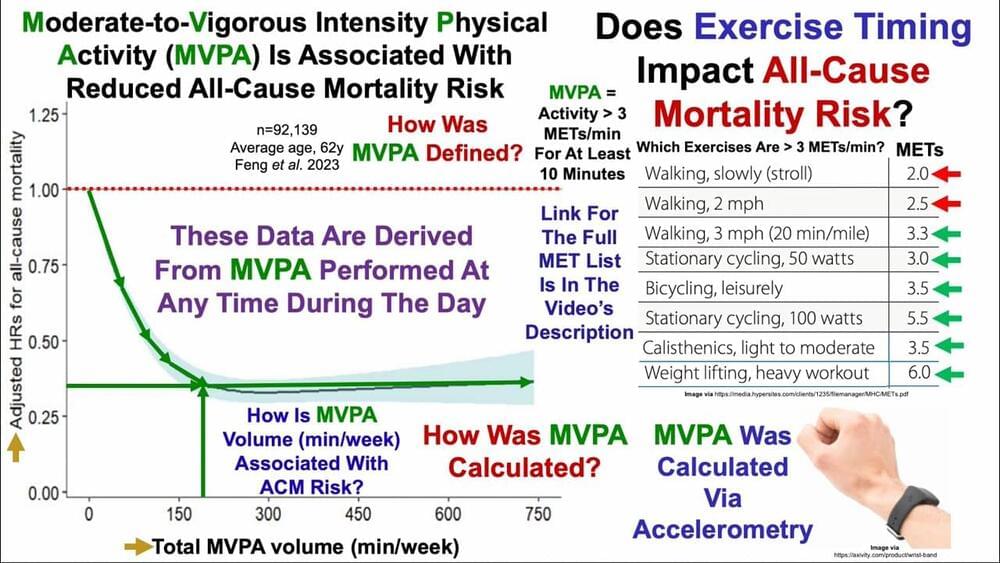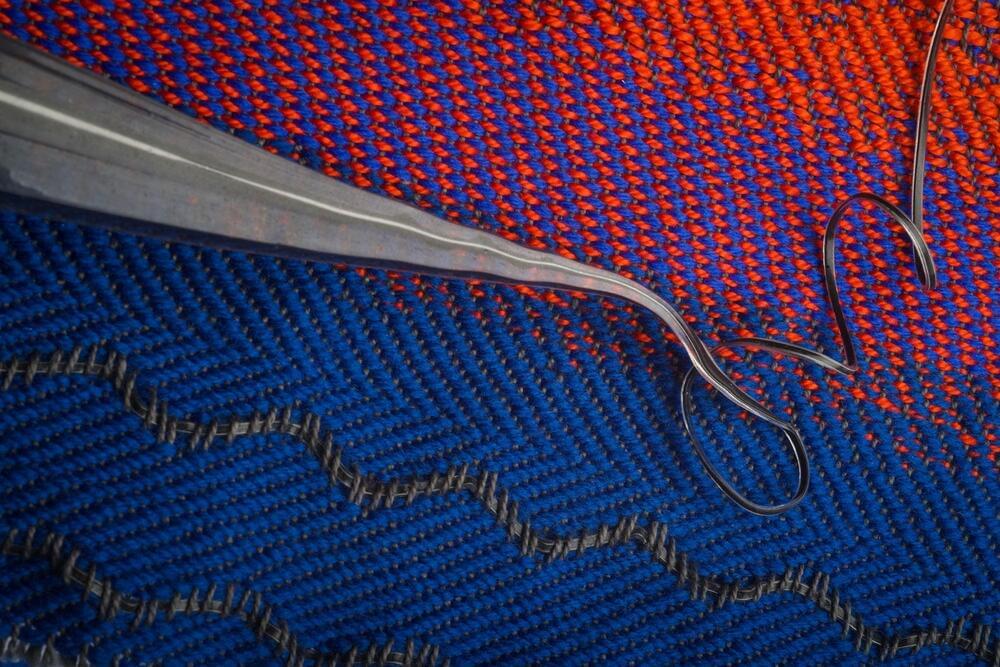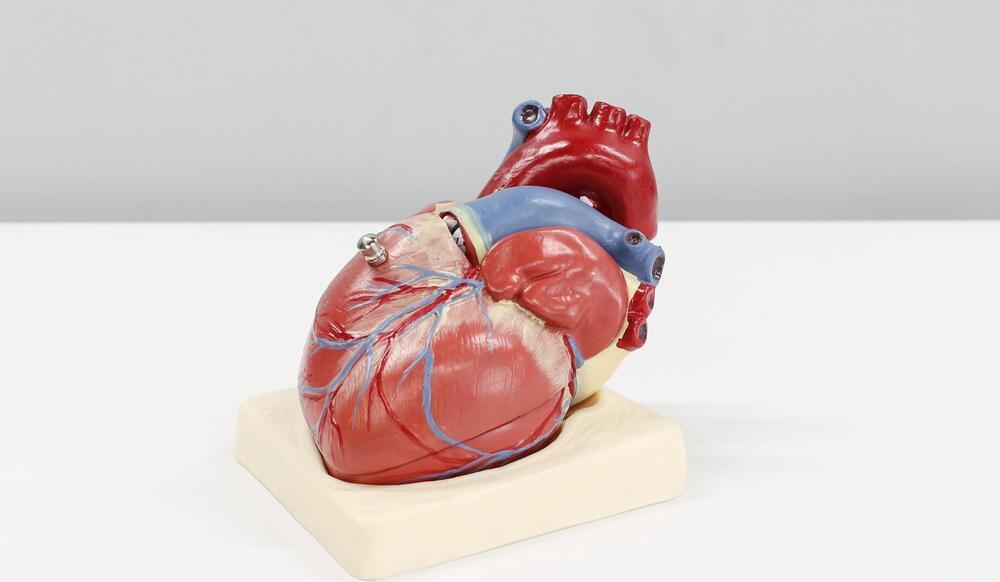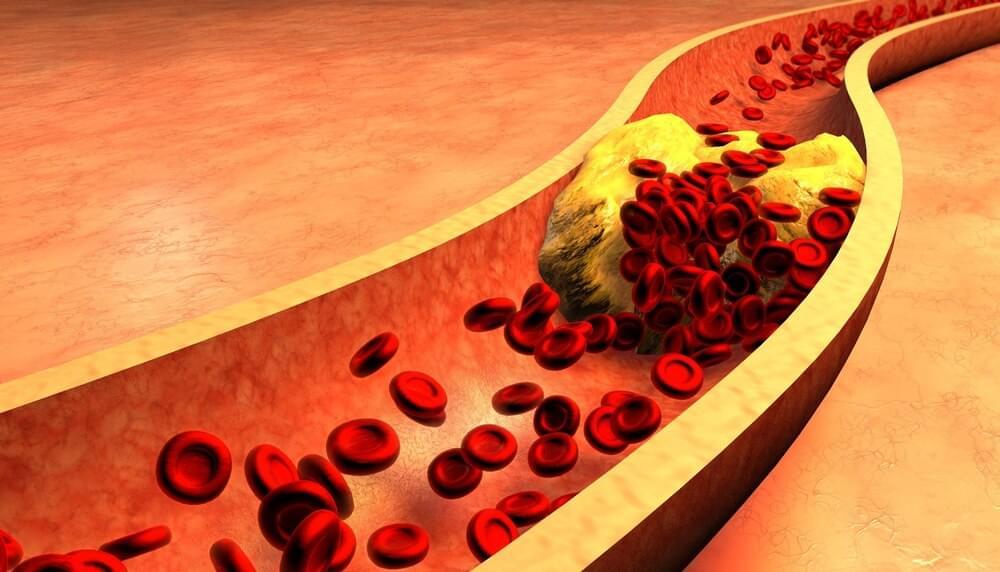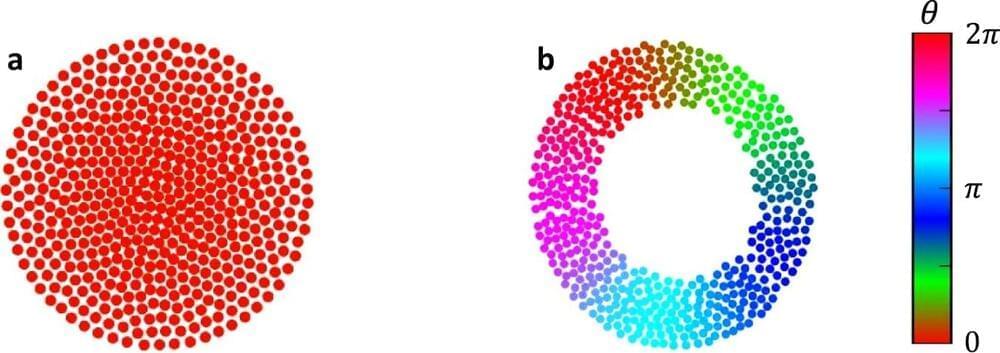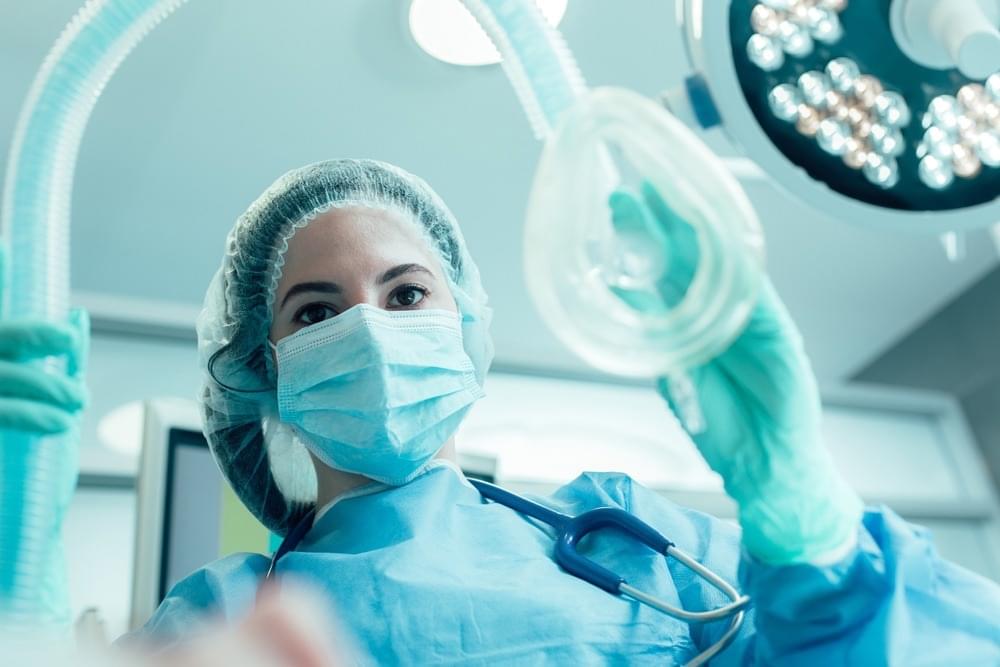Mar 6, 2023
Dentist warns against 1 habit that leaves ‘the baddest, toughest’ germs in your mouth
Posted by Paul Battista in category: biotech/medical
It’s a morning routine familiar for many of us: Get that mouth clean immediately after breakfast by using a harsh toothpaste applied by an abrasive toothbrush, followed by a rinse with a mouthwash so strong it makes you wince. Dr. Kami Hoss winces, too, when he hears patients describe these habits.
